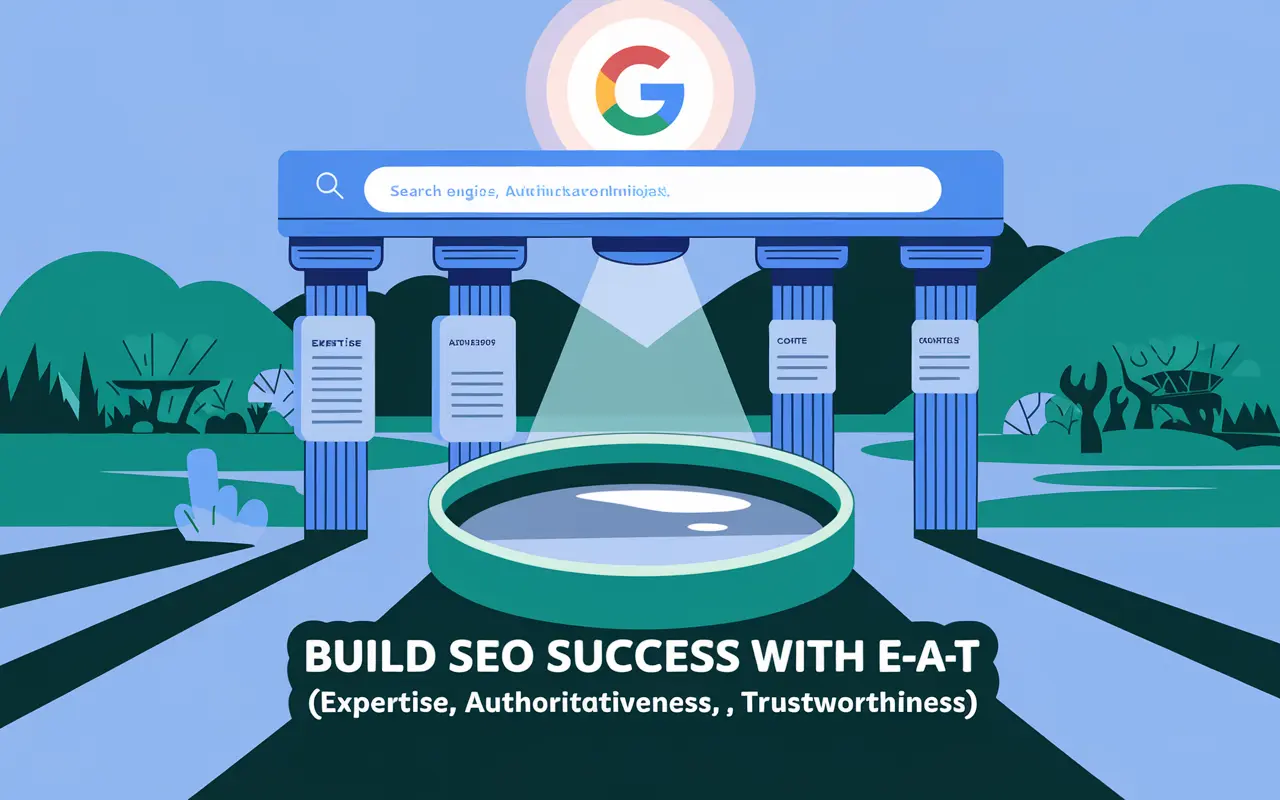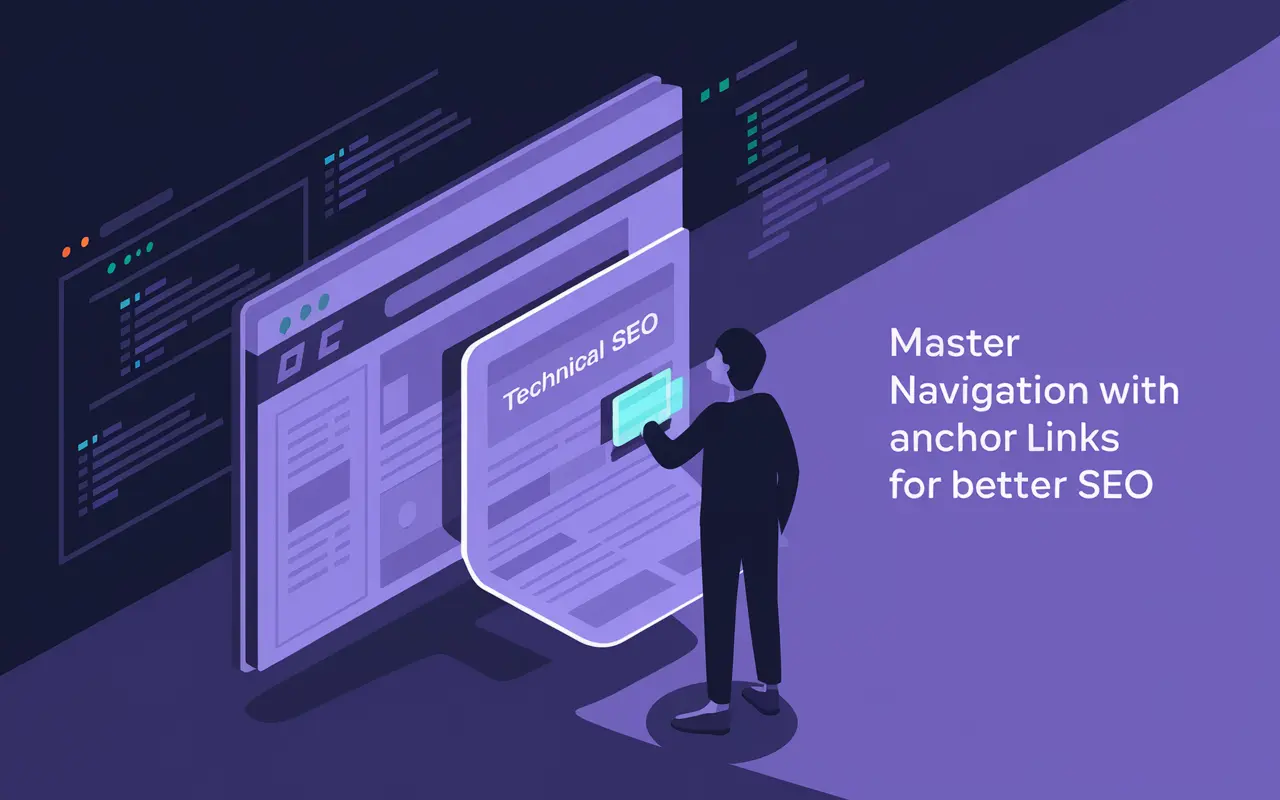Understanding E-A-T: Foundation of Trust and Authority in SEO
E-A-T stands for Expertise, Authoritativeness, and Trustworthiness, a set of quality parameters that Google uses to evaluate content, websites, and individual creators. Originally introduced in Google’s Search Quality Evaluator Guidelines, E-A-T has grown into a strategic cornerstone for SEO, particularly for websites operating in sensitive industries such as finance and healthcare (YMYL – Your Money or Your Life niches).
Rather than being a direct ranking factor or algorithm, E-A-T is a conceptual framework that helps Google determine whether your website is worthy of ranking. The goal is to ensure users get accurate, reliable, and legitimate information from high-quality sources.
In the SEO services industry, E-A-T plays a critical role by aligning your digital presence with what Google deems as high-value. It impacts not just your visibility, but also user trust, conversion rates, and long-term brand growth.
Key Takeaway
E-A-T (Expertise, Authoritativeness, Trustworthiness) defines the quality of your content and brand reputation in Google’s eyes, making it crucial for SEO success and business credibility in competitive niches.
Why E-A-T Is Critical for Modern SEO Success
Google’s search algorithms are engineered to provide users with the most relevant and trustworthy content. E-A-T helps Google separate high-value content from generic, inaccurate, or unhelpful pages.
Learn more about SEO fundamentals on our SEO services page.
Impacts on Business Growth
- Higher organic visibility: Content that fulfills E-A-T is more likely to rank better over time and avoid algorithm penalties.
- Better user engagement: Trustworthy and author-backed content leads to increased session duration, lower bounce rate, and higher conversion.
- Brand authority: Sites recognized as experts in their fields tend to build sustained traffic and stronger backlinks.
Best Practices to Improve E-A-T
- Showcase author credentials: Mention professional qualifications, experiences, and social proof on author bios and content pages.
- Publish high-quality, factual content: Use primary research or cite reputable sources like government stats, expert interviews, or university publications.
- Earn high-authority backlinks: Gain mentions or links from respected sources in your niche to strengthen your perceived authority.
- Secure your website: Use HTTPS to build technical trustworthiness.
- Feature contact and business details: Make it easy for users and Google to verify your business is legitimate.
- Manage online reputation: Monitor reviews, respond professionally, and maintain good customer service across digital channels.
How E-A-T Functions in SEO Strategy
Although E-A-T is not a direct algorithmic signal, Google uses numerous correlated metrics to assess your site’s expertise, authority, and trustworthiness.
Expertise
Refers to the depth of knowledge demonstrated in your content. This is especially important in YMYL (Your Money or Your Life) topics. Google looks for whether content was written by someone with relevant knowledge or experience.
Authoritativeness
Deals with your reputation within your industry or topic. Signals include mentions, backlinks from other credible websites, expert citations, and online reviews.
Trustworthiness
Represents how reliable and transparent your site is. A trustworthy site has secure domains, transparent ownership, accurate information, and a record of positive user engagement.
| E-A-T Element | Evaluation Signals | Enhancement Tips |
|---|---|---|
| Expertise | Author bio, educational background, experience | Include author boxes, credentials, by-lines |
| Authoritativeness | Mentions, backlinks, brand reputation | Guest posting, digital PR campaigns |
| Trustworthiness | HTTPS, reviews, content accuracy, company transparency | Secure site, accurate facts, privacy pages |
Boosting SEO with E-A-T: A Real-World Transformation
Problem: Low Rankings in a Competitive Medical Niche
A small health blog offering expert medical advice was struggling to rank for keyword-rich content, despite producing high volumes of posts. They weren’t being recognized as a credible source by Google.
Solution: Building Author Authority and Reputation
The blog identified all content lacking author attribution and revamped their posts with verified medical contributors. Author bios included credentials, LinkedIn profiles, and citations. They also began earning backlinks through expert roundups and podcasts.
Results: 3X More Traffic and 40% Better Engagement
Within six months, the site saw a 220% increase in organic traffic, secured Position 1 for five competitive keywords, and improved user time-on-site by 40%. Their ranking stability also improved across algorithm updates.
Common Mistakes to Avoid with E-A-T
- Using anonymous content creators: Lack of author transparency can reduce trust and credibility.
- Neglecting reputation management: Negative reviews or bad press not addressed can harm perceived trustworthiness.
- Publishing inaccurate or shallow content: Misinformation, especially on sensitive matters, leads to penalties.
- Outdated content: Not updating time-sensitive information can hurt both user trust and SEO score.
Related Terms
- SEO Audit – A comprehensive analysis of your website’s search performance, including E-A-T assessments.
- Off-Page SEO – Factors outside of your website, like backlinks and brand mentions, which significantly affect E-A-T.
- YMYL (Your Money or Your Life) – Pages that directly affect a person’s finances or life, requiring high E-A-T standards.
FAQs About E-A-T (Expertise, Authoritativeness, Trustworthiness)
E-A-T stands for Expertise, Authoritativeness, and Trustworthiness. It is a Google concept for evaluating content quality and reliability.
No, E-A-T is not a direct ranking signal but influences rankings through correlated trust and quality indicators such as backlinks, citations, and content credibility.
Display expert author bios, earn backlinks from credible sources, ensure content is accurate, and secure your site to show E-A-T.
Google holds YMYL (Your Money or Your Life) sites to higher standards because false info in topics like health or finance can cause harm.
Conclusion: Leverage E-A-T for Long-Term SEO Success
E-A-T is more than just a buzzword—it’s a guiding framework for building SEO-friendly, user-centric websites that Google can trust. In an era of AI-written content and misinformation, demonstrating true expertise, gaining real authority, and maintaining trustworthiness are your most effective SEO assets. By prioritizing E-A-T, you pave the way for stronger rankings, lasting visibility, and greater brand reputation. Explore our SEO solutions to start strategically improving your website’s credibility today.






